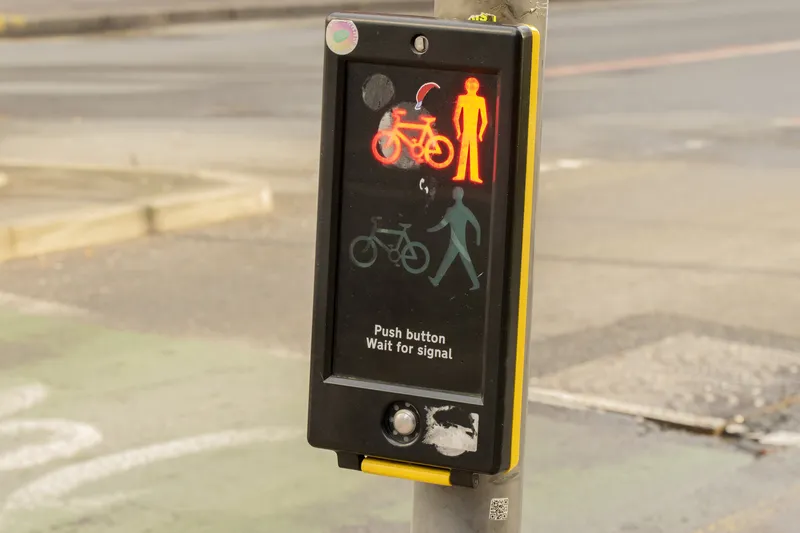
Greater Manchester is to receive £3.4m of government active travel funding.
The city and region in northern England will use the cash, which is for one year, to support infrastructure development.
Dame Sarah Storey, active travel commissioner for Greater Manchester, said: “This funding announcement is a vote of confidence in Greater Manchester’s plans for active travel."
“In November, I launched my refreshed mission for active travel – to ensure walking, wheeling and cycling is possible for everyone. This new funding will be used across the region to further develop active travel work in 2023."
It will help to increase cycle hire facilities and to build "a comprehensive and cohesive pipeline of high-quality schemes" as well as boosting publicity to ensure people can use existing active travel routes.
The UK government and Active Travel England made available £32.9m of funding for the whole of England.









